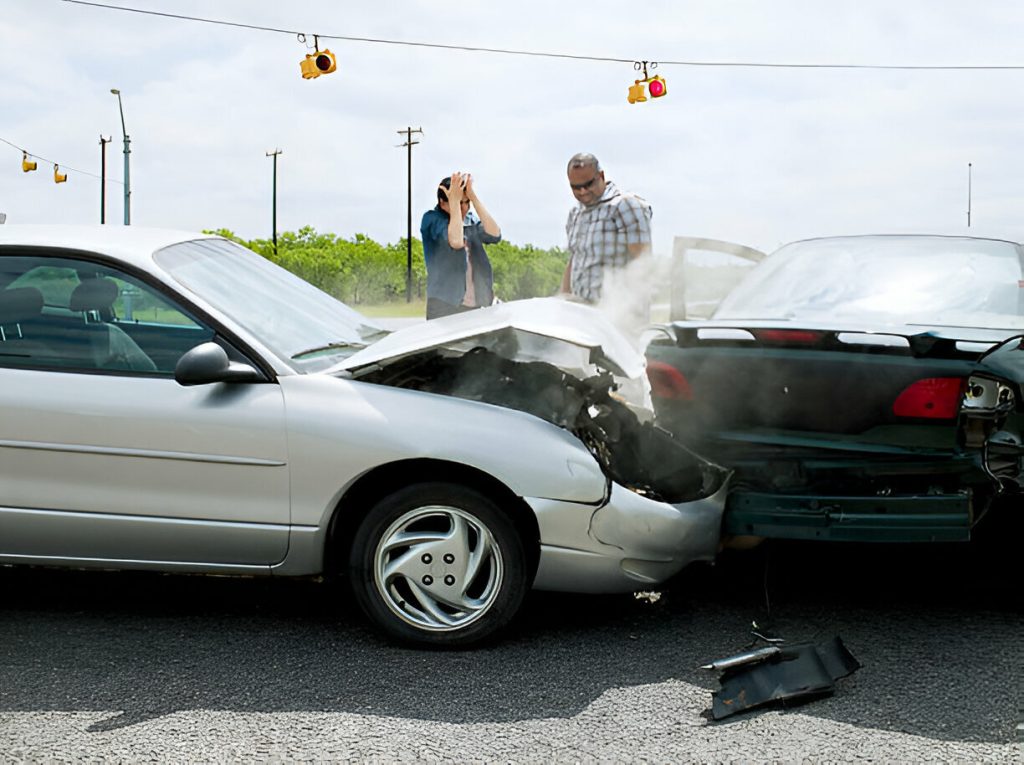Accident victims experience multiple levels of personal injury. While some are physical and visible to the naked eye, others are not. The invisible damages related to personal injury can include acute mental health issues. They are not usually open for all to see, diagnose, or treat properly. However, this doesn’t make them any less critical.
To speak to an attorney regarding an accident and how injury affects mental health, contact Pam Olsen, Esq., your accident and injury attorney in Ocala, FL.
Physical Injuries Following an Accident
Accidents resulting in injuries could include motor vehicle crashes, medical malpractices, on-the-job injuries, and slip and fall incidents. When injuries and accidents result from someone else’s negligence, victims have the right to fight for compensation.
Physical injuries include anything from:
- Broken bones
- Dislocated joints
- Burns and bruises
- Loss of limb
- Impairments
- Disabilities
These injuries can be debilitating, stressful, lead to absences from work, or leave the victim unable to function as they used to. In some cases, these injuries can be life-altering and require long-term care and treatment.
Broken bones, the inability to work, stress, and medical bill expenses are all things that anyone might expect following a personal injury incident. However, these can also lead to underlying issues that are equally debilitating and life-altering.
The Impact on Mental Health Following an Accident
Mental health is often directly impacted by physical injuries following an accident. It may not happen immediately or all at once, but it happens, nonetheless. Various factors can impact mental health, such as the physical accident itself, the losses sustained after, or the stress of dealing with the situation for a long time.
How injury affects mental health is diverse and includes:
- Post-traumatic stress disorder (PTSD)
- Depression
- Anxiety
- Fatigue
- Stress
Victims who survive a trauma may experience repeated thoughts of reliving the accident. Additionally, they may have debilitating fears associated with things in the accident, such as airplanes, hospitals, vehicles, certain people, etc.
Many who experience depression and anxiety while recovering from the stress of an accident also suffer from a lack of motivation to recover physically, emotionally, socially, or even return to everyday routines.
In many cases, victims discover mental health impacts post-injury after regular trips to the doctor stop. Sometimes it can take longer to recover from mental health injuries than physical ones. For some, the impacts on mental health can last a lifetime.
Proving a Claim for Compensation
Many assume that it is easier to prove a claim for physical health injuries than to show how injury affects mental health. Many believe that you can’t confirm or even claim mental health impacts. Neither is entirely accurate.
Mental health is a legally and medically recognized injury that could result from a traumatic experience or accident. As such, the proof for compensation for mental health injuries is similar to what you need to prove a physical injury.
To have an actionable case, the claimant must first prove that:
- The defendant’s actions directly caused the accident or injuries.
- The defendant’s actions were causally related to the accident or injuries sustained.
- The defendant was responsible for his actions.
- The defendant had a duty to protect, warn, or otherwise make the victim safe.
- The defendant breached that duty.
To prove a basis for compensation, the claimant must show documentation of:
- Medical expenses
- Emotional damages (mental health appointments, medications, etc.)
- Impact and changes to family structure and support
- Financial losses such as lost wages and potential for lost wages
This documentation includes police reports, accident reports, job site reports, medical records, pay records, and more. When it comes to mental health, statements from medical professionals, family, friends, and workplace supervisors can also document the changes impacting a victim, such as an inability to perform specific tasks.
Calculating a Claim for Compensation
Since mental health concerns can be as debilitating, harmful, and restrictive as physical injuries, compensation claims can be financially similar. Monetary claims for compensation can include:
- Medical bills
- Counseling expenses
- Medications
- Loss of wages
- Loss of earning potential
- Pain and suffering
- Emotional damages
- Life-altering changes and impacts on quality of life
Timelines
The typical timeline for filing a claim in Ocala, Florida, is two years. This significant period might seem like you have time to decide if and how to take action. However, the more important deadline to be aware of is the 14-day rule.
This rule states that victims of an accident must seek medical attention and document the incident within 14-days of the occurrence. Outside that window, it becomes difficult to show that the claimed injuries are directly related to the incident.
This rule doesn’t prevent amending the claim if further damages or mental health issues arise. Once established for the record, a paper trail of documents and statements from a medical professional can show the correlation among all injuries.
If you are considering filing a claim for injuries sustained in an accident resulting from someone else’s actions, consider speaking to an accident or personal injury lawyer in Ocala. An attorney can help you understand and meet all necessary deadlines.
Consult an Ocala Accident or Personal Injury Attorney
Injuries sustained from an accident, both physical and mental, can be trying and emotional. There are many things to consider, and it is essential to consult with a personal injury attorney even if you aren’t sure you want to file a claim.
Close and extended family are crucial to healing emotionally and physically after an accident, but an attorney can help you recover financially and hold the liable party accountable.
Pam Olsen, Esq., is an accident and personal injury attorney in Ocala, Fl. She prioritizes the needs of the injured and takes every case personally because she is passionate about helping injured people.
If you or a loved one have been injured in an accident in Ocala, Florida due to someone else’s actions, now is the right time to seek help. Contact Pam Olsen, Esq. today for free consultation at (352) 671-9777. Or if you prefer, you can complete this simple contact form and she will be in touch right away.
 CALL US NOW
CALL US NOW




